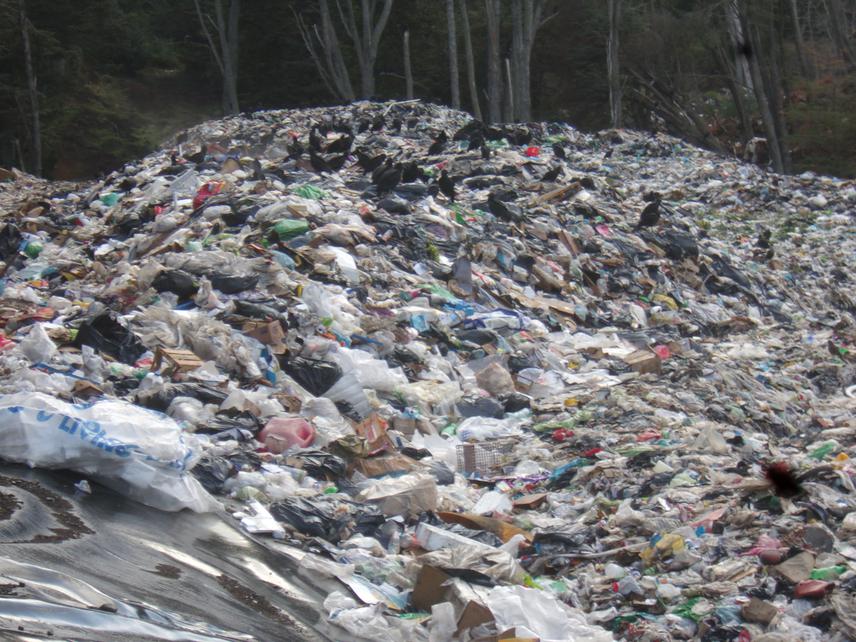Maricel Graña Grilli
Scavenger birds provide an important ecosystem service that is not well-valued by the society. Moreover, these species usually are negatively perceived and are actively persecuted. Our project is aimed at studying the way in which the availability of human-origins food may affect the abundance and aggregation of scavenger birds, the perception of different social actors about them, and their true economic impact. Our approach will cross a wide range of environments, and through censuses, interviews, and field observations, we will obtain key information aimed to persuade people on the importance of scavenger birds for the health of the environment. In this regard, our focus is on dissuading people of pursuing and killing them.

Black vultures at urban dump.
Our project will focus on the abundance and aggregation of five scavenger birds: Andean condor (Vulture gryphus), turkey vulture (Cathartes aura), black vulture (Coragyps atratus), caracaras (Caracara plancus) and chimango (Milvago chimango); as well as on the perception of people about them, and their economic impact. To carry out this project we will use three main activities: censuses, surveys and field observations.
Censuses will be carried out on the cities of San Carlos de Bariloche, Argentine Patagonia, and Santa Cruz de la Sierra, Bolivia, and all along the way between them (3200 km of distance) following the migratory path of Turkey Vultures, the only migratory species of the studied ones. During the census we will record all the scavenger birds and the availability of human and natural-origins food. Surveys will be focused on identifying the real knowledge and perception of people about the species of scavenger birds, their role in the ecosystem and their effects on the economy and human life. Surveys will be carried out on different social actors in the two focus cities (San Carlos de Bariloche and Santa Cruz de la Sierra). Finally, field observations at cattle farms around the city of San Carlos de Bariloche will be done during the birth time of cattle in order to quantify predation by scavenger birds and other feeding events, as well as the causes of cattle dead.
In this way, and covering a wide geographical range and different social contexts, we will evaluate the effects that some of our practices have on the distribution of the populations and our impact on them. All the information gathered will be useful as evidence for the effects that human activities have on the species of scavenger birds and on the service they provide to ameliorate environmental situations originated by our practices of waste management. In a following step, this information will be provided to the community. This strategy will constitute an attempt to change the perception about scavenger birds and to develop in the society the will for preserving these species.